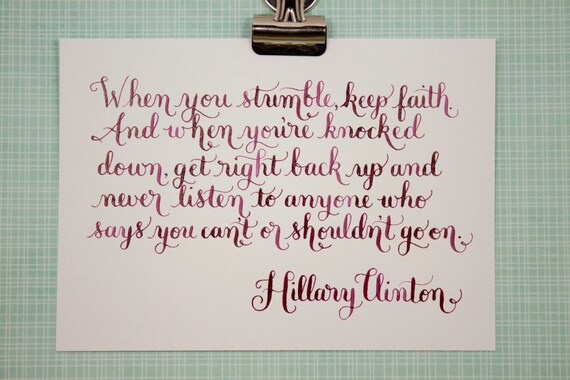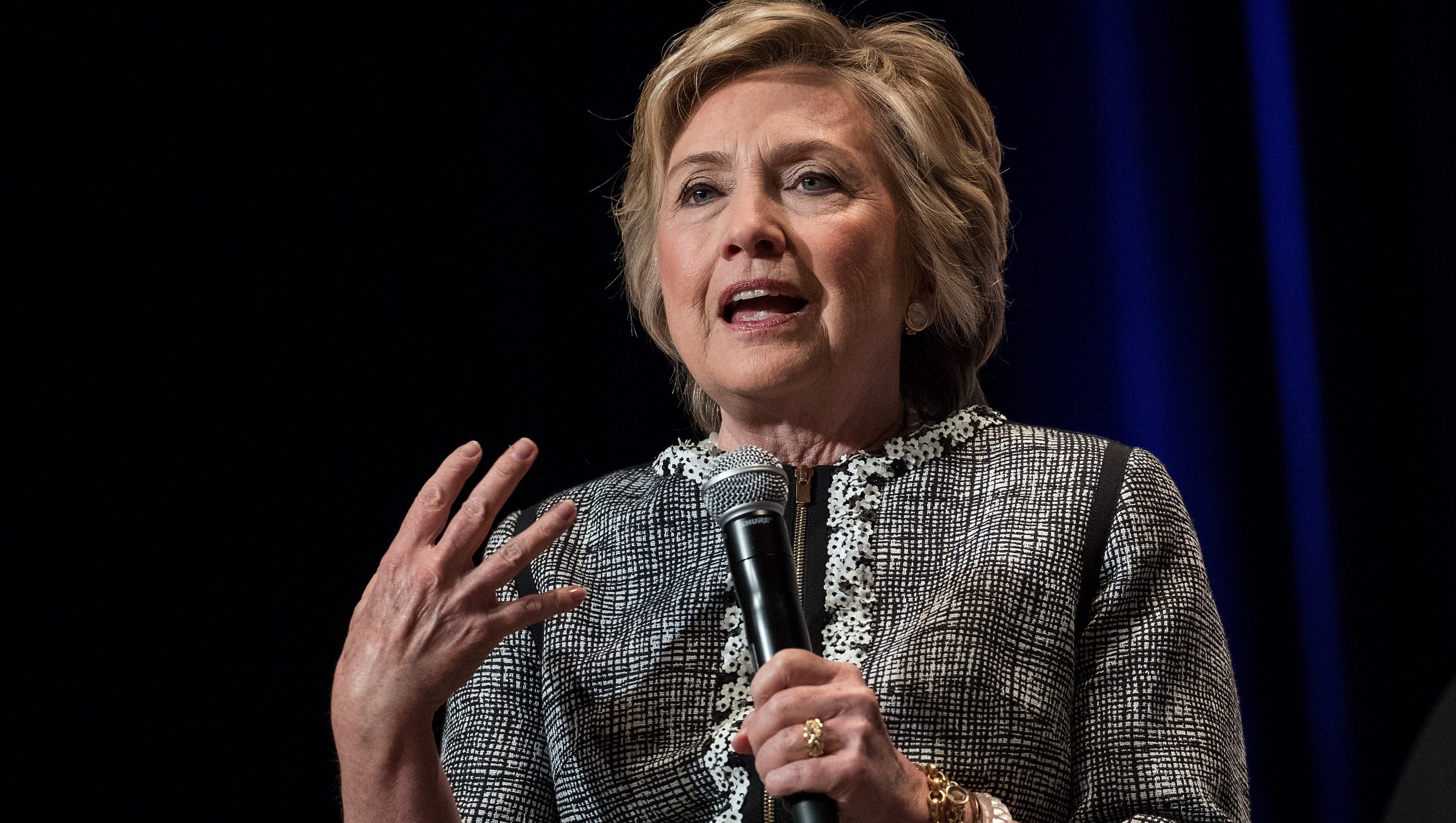

But I feel that at this point in our country’s history, it is important that we not reverse marriage equality, that we not reverse Roe v.

I have major disagreements with my opponent about these issues and others that will be before the Supreme Court. For me, that means that we need a Supreme Court that will stand up on behalf of women’s rights, on behalf of the rights of the LGBT community, that will stand up and say no to Citizens United, a decision that has undermined the election system in our country because of the way it permits dark, unaccountable money to come into our electoral system. Not on the side of the powerful corporations and the wealthy. Namely, what kind of country are we going to be? What kind of opportunities will we provide for our citizens? What kind of rights will Americans have? And I feel strongly that the Supreme Court needs to stand on the side of the American people. You know, I think when we talk about the Supreme Court, it really raises the central issue in this election. You have two minutes.Ĭlinton: Thank you very much Chris and thanks to UNLV for hosting us. First of all, where do you want to see the court take the country? And secondly, what’s your view on how the constitution should be interpreted? Do the founders’ words mean what they say or is it a living document to be applied flexibly, according to changing circumstances? In this segment, secretary Clinton, you go first. You both talked briefly about the court in the last debate, but I want to drill down on this because the next president will almost certainly have at least one appointment and likely or possibly two or three appointments which means that you will in effect determine the balance of the court for what could be the next quarter century. No noise except right now as we welcome the Democratic nominee for president, secretary Clinton, and the Republican nominee for president, Mr.

No cheers, boos or other interruptions so we and you can focus on what the candidates have to say. The audience here in the hall has promised to remain silent. None of those questions has been shared with a commission or the two candidates. For the record, I decided the topics and the questions in each topic. Both campaigns have agreed to those rules. Six roughly 15-minute segments, with two minute answers to the first question then open discussion for the rest of each segment. This debate is sponsored by the Commission on Presidential Debates. I’m Chris Wallace of Fox News and I welcome you to the third and final of the 2016 presidential debates between secretary of state Hillary Clinton and Donald J.

Chris Wallace: Good evening from the Thomas and Mack Center at the University of Nevada, Las Vegas.


 0 kommentar(er)
0 kommentar(er)
